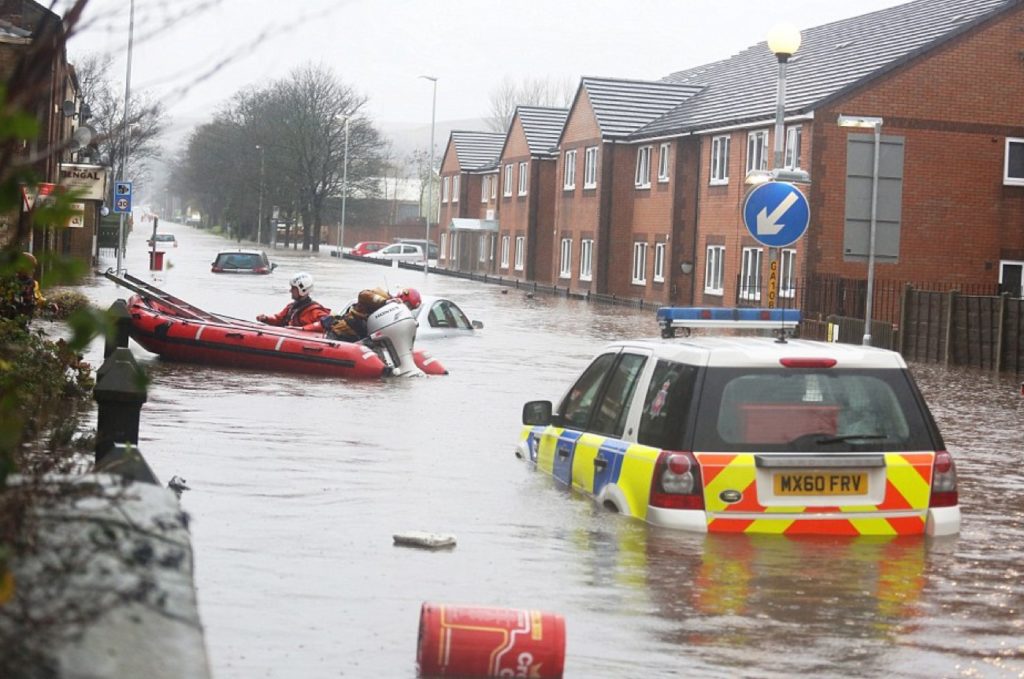The after effects of Storm Ciara will continue today and the Met Office has issued a yellow weather warning for snow, ice and wind for many parts of the UK.
In response, the Advisory, Conciliation and Arbitration Service (Acas), has issued some advice for employers and workers concerned about the impact of travel disruptions due to the bad weather.
Acas Chief Executive, Susan Clews, said: “Storm Ciara has wreaked havoc across the country with travel disruptions expected to continue today in some parts of the UK.
“Workers may be concerned about travelling into work over the next few days and some employers will have concerns about staff absences impacting their productivity and performance.
“Our advice explains the legal rights when it comes to bad weather and suggests alternate working arrangements that could help to keep businesses running.”
What’s the law for employees and employers?

Acas top tips for workers affected by the bad weather
- If you cannot get into work due to a travel disruption, then inform your boss as soon as you know;
- Look to see if there are alternative travel options to get into work;
- Check if your employer can agree flexible working arrangements such as arriving and leaving later or homeworking; and
- Consider any urgent work that needs to be covered if you can’t get into work.
Legal considerations include
- There is no automatic legal right to be paid for working time missed due to travel disruption or bad weather;
- Employees have the right to take unpaid time off in an emergency situation that involves a dependent. This can include looking after your child because their school has closed due to bad weather; and
- If you’re ready and available to work but your place of work is closed then you will usually be entitled to normal pay.
Acas top tips for employers on alternative working arrangements include:
- Allow workers to come in a little later than usual if the travel disruption or weather is expected to improve;
- Offer workers who can get into work the opportunity to swap shifts or work overtime;
- Suggest flexible working to allow workers to make up any lost working time or allow workers to take the time off as paid annual leave; and
- Consider having a bad weather or travel disruption policy that includes contact arrangements, alternative forms of working and what happens with staff pay if a worker is unable to get into work.















